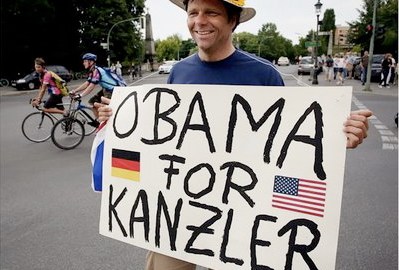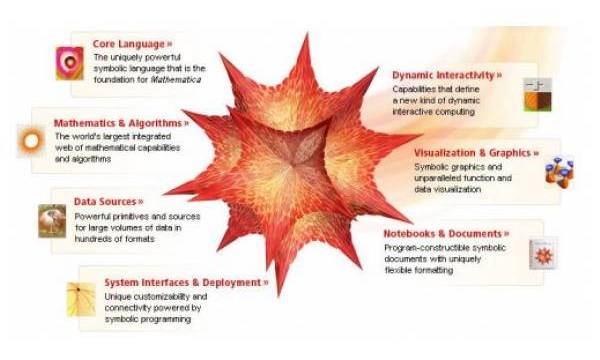Is Obama a Hawk or a Dove?

How does a president simultaneously extricate a country from myriad domestic crises, play a strong hand overseas to end inherited wars, stave off new wars, control a pandemic from swine, and diffuse nuclear armament by a man who may have died years ago? Not easily, most foreign policy observers say.
Obama’s pre and post-inagural gestures abroad have been limited but symbolic. He spoke in the shadow of the Brandenburg Gate a la Kennedy; he dropped in unannounced a la Bush at Camp Victory; he rallied the crowds in Ankara like he did in Springfield. Though it might be too early to tell how he will fare on the global stage, foreign leaders as well as the the foreign street certainly seem to like Mr. Obama at similar rates to Americans.
As for what Obama and chief emissary Clinton might do in the great big world beyond America’s borders, observers seem united in their muted expectations.
American Prospect notices few substantial steps but charts Obama’s reshuffling of priorities that corresponds with, well, reality. Among them are reassessing terrorism as an important, but not uber-dominant threat du jour; transforming nuclear disarmament rhetoric into nuclear disarmament; and spearheading strategies of regional security like the Af-Pak initiative.
Others on the right note a certain double standard in Clinton’s kow-towing to a burly new China that “adheres to every principle and engages in every practice that the founders of the United States of America deemed tyrannical and vile.”
Author and foreign policy analyst David Rieff has watched Obama’s meteroic rise since the early days and has responsed with his characterisitc insousiance. “It was always on the cards that he would be very centrist in foreign policy,” Rieff said in an interview. Noting the Clintonian approach to world affairs, Rieff touted the “safe choices” of liberalizing relations with Iran and Cuba.





